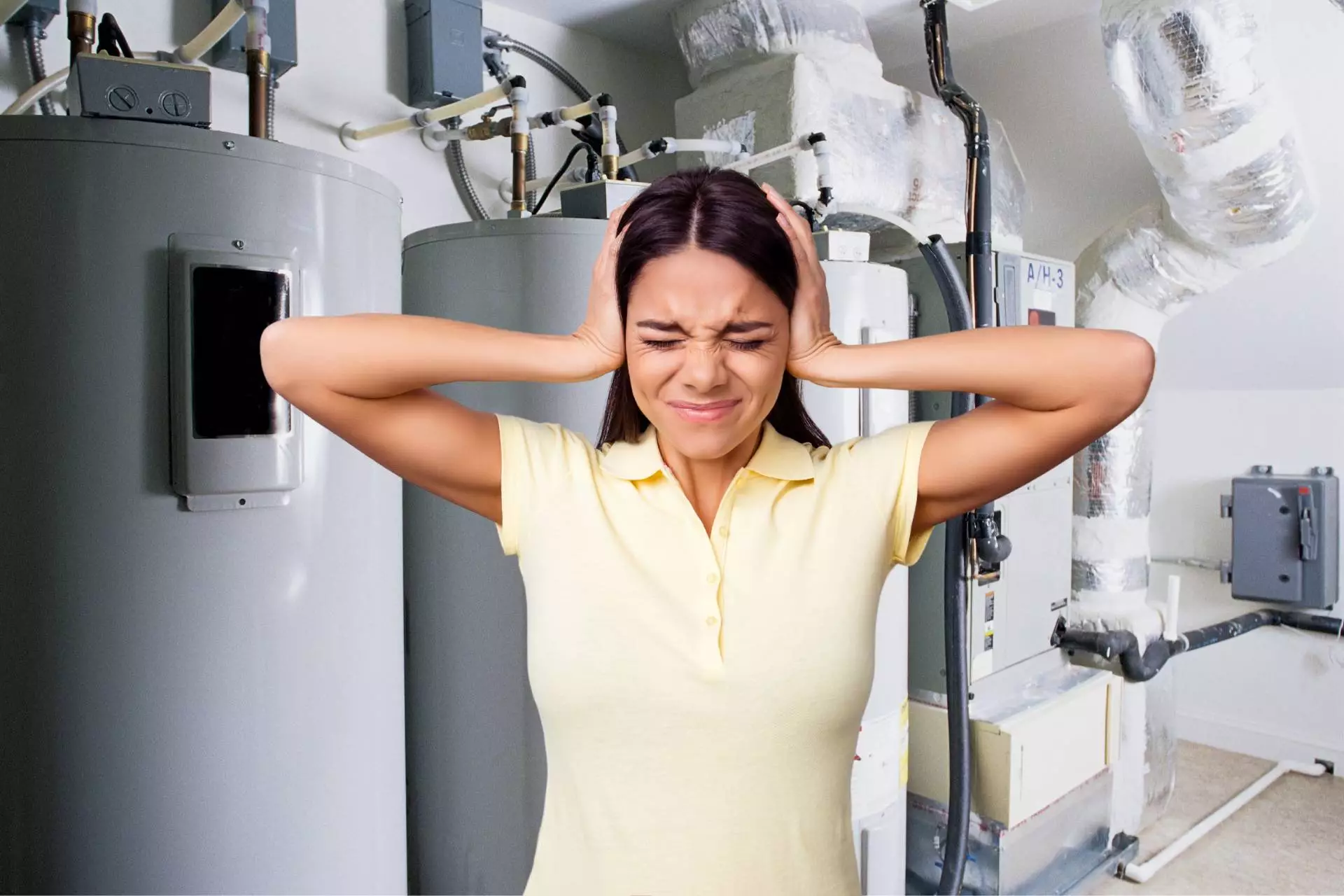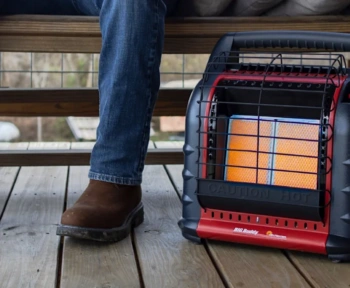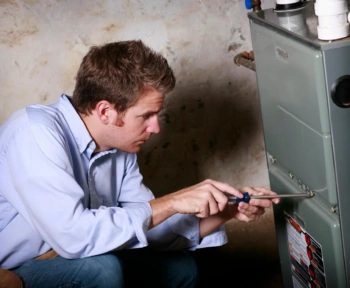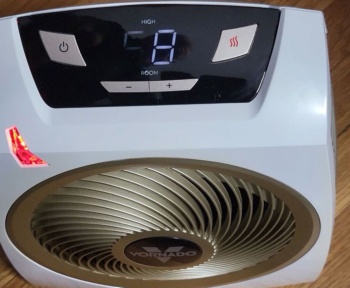Experiencing a hissing noise from your water heater can be more than just a nuisance; it often signals underlying issues that require immediate attention. To ensure the longevity and efficiency of your water heater, it is crucial to understand the common causes of these sounds and the corresponding solutions. Additionally, implementing preventive measures can help maintain the optimal performance of your water heating system. This article provides an in-depth exploration of water heater making hissing noise its top causes, solutions, and preventive strategies for addressing the issue of a hissing water heater, helping homeowners maintain a safe and efficient household.
1. Causes of Hissing Sounds in Water Heaters
Sediment Build-Up
The accumulation of sediment in the water heater tank is a prevalent issue, particularly in areas with hard water. Minerals like calcium and magnesium from the water settle at the bottom of the tank. Over time, this sediment layer thickens, insulating the water from the heater’s burner or heating element.
This insulation forces the heater to work harder, causing the water at the bottom to overheat. As a result, steam bubbles form and escape through the sediment layer, creating a hissing or popping noise. Regular maintenance, including flushing the tank, can prevent sediment build-up and prolong the life of your water heater.
Pressure Issues:
Water heaters are designed to operate within a specific pressure range. When the pressure inside the tank exceeds this range, it can lead to a hissing noise. This excessive pressure is often due to a faulty temperature and pressure (T&P) relief valve, which is designed to release water and lower pressure when it gets too high.
Another common cause is high water pressure in your home’s plumbing system, which can stress the water heater’s internal components. Regularly checking the pressure and ensuring that the T&P valve is functioning correctly can prevent these issues.
Tank Corrosion:
Corrosion is an inevitable process in water heaters, especially as they age. Factors like the quality of water, the material of the tank, and the anode rod’s condition contribute to corrosion. When corrosion becomes extensive, it may lead to tiny cracks or holes in the tank, through which steam or hot water may escape, producing a hissing sound. This is a serious issue as it can lead to water damage and reduce the efficiency of the heater. Regular inspection of the anode rod, which helps prevent corrosion, and timely replacement of corroded parts or the entire unit are vital.
Malfunctioning Heating Elements:
In electric water heaters, the heating elements are crucial for heating the water. If these elements start to malfunction, typically due to scaling or age, they may overheat certain areas of the water. This localized overheating can cause water to boil and produce steam, leading to a hissing sound. This issue not only creates noise but also significantly reduces the efficiency of the heater. Regular inspection and replacement of faulty heating elements are necessary to maintain the heater’s performance.
Condensation:
Another potential cause of hissing sounds in water heaters is condensation. When cold water enters a very hot tank, it can lead to condensation on the outside of the tank or on internal components. This condensation can drip onto the burner or heating elements, causing a sizzling or hissing sound. While this is generally a normal process, excessive condensation may indicate a problem with the thermostat settings or the sizing of the water heater for your home.
Faulty Valves or Connections:
Loose or faulty valves and plumbing connections can also be a source of hissing sounds. Over time, fittings can become loose or wear out, allowing small amounts of steam or hot water to escape, producing a hissing noise. Regular inspection and tightening of all connections and valves can help prevent this issue.
2. Solutions to the Hissing Noise
Flushing the Tank:
Flushing the water heater tank is a crucial maintenance step to eliminate sediment build-up. This process should ideally be done at least once a year. To flush the tank, you need to first turn off the power supply (for electric heaters) or the gas supply (for gas heaters). Next, connect a hose to the tank’s drain valve and direct it to a place where hot water can safely discharge, like a floor drain or outside.
Open the drain valve and let the water flow out until it runs clear, indicating that the sediment has been removed. After flushing, refill the tank, and restore the power or gas supply. Flushing not only prevents hissing noises but also improves the efficiency and lifespan of the heater.
Checking Pressure Levels:
Regular monitoring of the water heater’s pressure is essential to prevent hissing noises and other related issues. The T&P valve, a safety feature on your water heater, should be checked to ensure it is functioning correctly. If it’s faulty, replace it immediately. If your home’s water pressure is consistently high, installing a pressure regulator can help. This device adjusts the water pressure entering your home, thus protecting your plumbing system, including the water heater. It’s also advisable to have a pressure gauge installed to monitor the water pressure regularly.
Inspecting for Corrosion:
Corrosion can significantly reduce the efficiency and lifespan of your water heater. Regular inspections can help you spot early signs of corrosion. Pay special attention to the anode rod, a component designed to prevent corrosion inside the tank. If it’s heavily corroded, replace it. In cases where the tank itself is corroded, you may need to consult with a professional to determine if it’s more cost-effective to repair or replace the unit. Keep in mind that a corroded tank poses a risk of leaks and should be addressed promptly.
Repair or Replace Heating Elements:
In electric water heaters, faulty heating elements can cause hissing sounds and inefficiency. If you suspect that a heating element is malfunctioning, it’s best to turn off the power supply to the heater and call a qualified technician. The technician will test the elements and replace them if necessary. It’s important to choose the right element for your model to ensure optimal performance. In some cases, a full replacement of the water heater might be more cost-effective, especially if the unit is old or has multiple issues.
Adjusting the Thermostat:
Sometimes, simply adjusting the thermostat can resolve hissing noises caused by overheating. The recommended setting for most residential water heaters is around 120°F (49°C). Higher settings can cause excessive heating and steam generation, leading to hissing noises. However, ensure the water is hot enough to prevent the growth of bacteria such as Legionella.
Professional Inspection:
If the hissing noise persists after you’ve tried these solutions, it may be time to call a professional plumber for a comprehensive inspection. There could be underlying issues that aren’t immediately apparent to the untrained eye. Regular professional inspections can help catch and resolve complex problems and ensure your water heater operates safely and efficiently.
3. Preventive Measures
Regular Maintenance:
Consistent and thorough maintenance is crucial for the longevity and efficiency of your water heater. Scheduling annual inspections with a qualified technician can help identify and address issues before they escalate. During these inspections, a professional will check for signs of wear and tear, sediment build-up, proper functioning of the heating elements, and the condition of the anode rod. They can also test the temperature and pressure relief valve to ensure it’s operating correctly. Regular maintenance can prevent not just hissing noises but also leaks, corrosion, and inefficiencies, potentially saving you from costly repairs or replacements in the future.
Water Softeners:
Using a water softener in areas with hard water can significantly reduce mineral build-up inside your water heater. Hard water contains high levels of minerals like calcium and magnesium, which can accumulate and form sediment in the tank. This sediment can reduce the heater’s efficiency and lead to issues like overheating and hissing noises. A water softener will treat the water before it enters the heater, minimizing the risk of sediment build-up. It’s important to choose a water softener that matches the size of your household and water usage to ensure effective treatment.
Monitor Water Pressure:
Regularly monitoring the water pressure in your home is an effective way to prevent pressure-related problems in your water heater. The ideal water pressure should be between 40 and 60 psi. Pressures consistently above 60 psi can strain your water heater and plumbing fixtures, leading to damage and the risk of hissing noises or leaks. Installing a pressure gauge on your water system allows you to check the pressure easily. If the pressure is too high, consider installing a pressure-reducing valve to maintain a safe, consistent pressure level.
Insulate the Water Heater:
Insulating your water heater and the first few feet of the hot and cold water pipes can reduce heat loss, improve efficiency, and prevent condensation, which can sometimes contribute to hissing sounds. Insulation jackets for water heaters and pipe insulation sleeves are readily available and can be a cost-effective way to enhance your water heater’s performance, especially in cooler environments.
Upgrade to a Modern Unit:
If your water heater is old and frequently needs repairs, consider upgrading to a newer, more efficient model. Modern water heaters are more energy-efficient and come with improved designs that reduce common problems like sediment build-up and corrosion. Tankless water heaters, which heat water on demand, can be a good option for some homes, offering longer lifespans and less maintenance.
Avoid DIY Repairs if Unqualified:
While basic maintenance like flushing the tank can be a DIY task, more complex repairs should be left to professionals. Attempting to fix issues like a malfunctioning heating element or a corroded tank without proper knowledge and tools can lead to accidents, further damage, or voiding the warranty.
Conclusion
Addressing the hissing noise in your water heater is essential for maintaining its efficiency and prolonging its lifespan. By understanding the various causes, implementing the appropriate solutions, and adhering to regular maintenance practices, homeowners can effectively tackle this issue. Remember, preventive measures like annual inspections, using water softeners, and monitoring water pressure are key to avoiding future problems. When in doubt, always seek the assistance of a professional technician to ensure safe and accurate repairs. Taking these steps will not only resolve the immediate concern but also contribute to the overall health and longevity of your water heating system.




